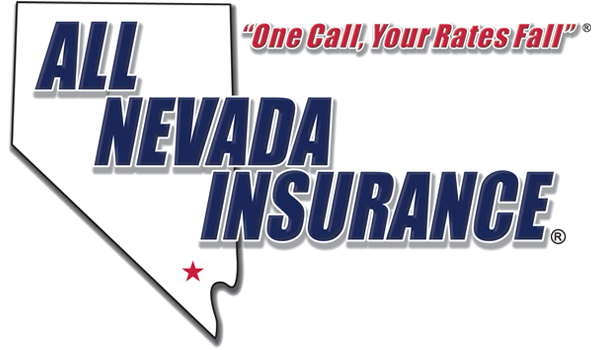If you’re a classic car owner in Las Vegas, NV, you understand the value of protecting your ride. There is insurance specifically designed for classic cars, and it can provide you with more substantial coverage than standard auto insurance.
What is Classic Car Insurance?
Classic car insurance differs from regular auto insurance because it offers specialized coverage for vehicles older than 25. It also has benefits tailored to classic cars, like agreed-upon value coverage and roadside assistance in case your vintage ride breaks down on the side of the road. This type of insurance considers the true value of your classic car, not just how much it would cost to replace it. When determining the premium rate for a policy, insurers will consider factors such as vehicle use, driving distance, and the car’s condition.
Benefits of Classic Car Insurance
Classic car owners who opt for specialized coverage receive many benefits that standard auto policies don’t offer. Agreed-upon value coverage means that if your vehicle gets damaged or stolen, you will get paid based on an agreed-upon amount—not just what it would cost to replace it with another car.
Limits of Classic Car Insurance
Your coverage comes with limited miles—typically no more than 7,500—per year. Your policy will also require you to store your car in a secure and protected environment to receive full coverage. Ask your All Nevada Insurance Inc. representative for more information.
If you own a classic car in Las Vegas, NV, and want to ensure its future protection with specialized coverage specific to vintage vehicles, contact All Nevada Insurance Inc. Our knowledgeable agents are ready to find a policy tailored to meet your needs without breaking your budget! Don’t wait—protect your custom ride right today!


 Our Locations
Our Locations

